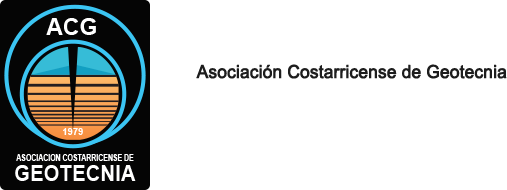Noticias
JAN 15, 2015 l forbes l James Marshall Crotty
Geotechnical Engineering: The In-Demand, High-Pay,
Easy-Entry Job You've Likely Never Heard Of
I was posting up with a friend back in my hometown over the holidays when the subject of his line of work came up. My compadre – whom I’ve known since we dominated the local pee-wee hoops circuit – works as a geotechnical engineer for a midwest-based engineering and consulting concern.
He noted that the shortage of experienced professionals in his field is so acute that one no longer needed a masters in geotechnical engineering to procure employment. Any relevant undergraduate major – such as a four-year degree in civil engineering from an ABET-accredited school – will get you in the door. If you have a masters in geotechnical engineering, you are likely to be hired. All the more likely if you are female or minority or, ideally, both.

According to data from the Bureau of Labor Statistics (BLS), the average median salary for a civil engineer with a bachelor’s degree is $79,340 a year, though salaries can be much higher depending on company and geography. According to my Stanford-educated friend, if you also have a one-year masters in geotechnical engineering, your salary will be at least 20% higher. With geotech salaries going up around 4% a year, plus profit-sharing, “you are making six figures in no time,” he added.
But what – for the love of Albert Atterberg – is geotechnical engineering? According to whatisgeotech.org, “geotechnical engineering is the science that explains mechanics of soil and rock and its applications to the development of human kind. It includes, without being limited to, the analysis, design and construction of foundations, slopes, retaining structures, embankments, roadways, tunnels, levees, wharves, landfills and other system that are made of or are supported by soil or rock.”

|
VER TODAS
LAS NOTICIAS
 Afiliación Afiliación
 Formularios Formularios
|







